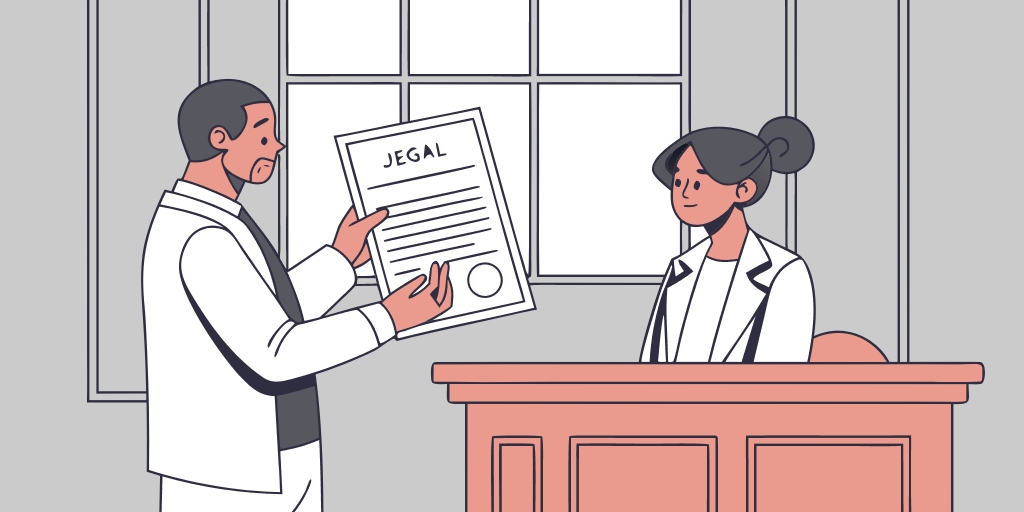Buying a pre‑construction condo once felt like a safe bet. Today, rising rates and lower appraisals have left many Toronto buyers wondering whether they should simply abandon the deal and “eat” the deposit. Before you even entertain that thought, read this guide.
It explains what really happens when you default, shows how Ontario courts calculate damages, and lays out smarter, lawyer‑led strategies that can save most of your money, and your credit.
The Harsh Math of Default
When you refuse to close, you don’t just lose the deposit. In almost every lawsuit the builder retrieves the entire price gap between your 2021 contract and whatever the unit finally sells for in 2025. One buyer who walked away from a detached home saw a $366,000 judgment on top of a forfeited deposit because the market had softened and the seller had to re‑list at a lower price.
Courts also award the builder’s real‑estate commission, legal fees, and daily carrying costs. Those extras can add another five figures to the tab.
Now add the credit damage. A judgment stays on your bureau for six to seven years, which means higher interest on every loan you take or flat rejections from A‑lenders entirely.
Why Builders Sue and Fight So Hard Right Now
Toronto’s new‑condo market is awash with supply. Urbanation reports 23,918 unsold units across the GTA, the worst overhang in almost three decades. With that much inventory, developers can’t absorb big write‑downs. Suing a defaulting buyer is often cheaper than swallowing a six‑figure loss.
Think of it from the builder’s perspective: they have bank financing to repay, trades to pay, and lenders breathing down their necks. Letting one buyer walk without consequences encourages others to follow. So they litigate, and they usually win.
How Ontario Courts Have Ruled
The legal precedent is clear: courts protect sellers who act reasonably to limit their losses. In Mattamy Homes v. Ishola (2024, ONSC), the buyer forfeited a $60 000 deposit and owed another $190 000 because the builder resold for less during a market dip.
The judge decided the resale timing was reasonable and the entire gap was the buyer’s responsibility. Cases in 2023 and 2022 show the same pattern: deposits are lost, and six‑figure damage awards follow.
Once the judgment is issued, enforcement is swift. Builders record liens against any property you own and garnish wages until the debt is paid.
Five Negotiation Plays That Beat Walking Away
Walking away is usually the costliest option. Our Real Estate lawyers prefer one of four outcomes:
- Mutual Termination
When you are unable to close, we offer the builder a clean release in exchange for keeping part of the deposit. Example: Offering the builder $15 k of a $60 k deposit. If the builder accepts, you sign a mutual release, so you save money and avoid litigation. - Closing Extension
If your mortgage funding is delayed but feasible, we can negotiate an extension to your closing date. This means you’ll have some more time to arrange your financing. Builders typically charge $150–$400 per day. That fee is cheaper than litigation and buys time to arrange alternative financing. - Unit Swap
Developers holding smaller, cheaper units may agree to move you down the price ladder if you agree to buy another, cheaper unit. In this scenario you keep your deposit in place and avoid default. - Assignment
The assignment market is difficult and saturated with sellers. However, if you do find a buyer for your assignment, we can assist with the assignment sale. When you assign, the liability transfers to the new buyer and you exit, often with part of the deposit intact.
Please note that any and all the outcomes above are dependent on your builder and their legal counsel’s agreeing to negotiate. In most cases, negotiating in good faith and cooperating with your builder may result in a better outcome than just walking away from your deal.
That is why you should talk to a lawyer the moment trouble appears and you believe there is a chance of not closing. Waiting shrinks your options. If you have more questions, we put together the top 10 questions we get from pre-construction buyers about closing.
How Can We Help?
Our experienced Real Estate Lawyers at Deeded have dealt with thousands of Real Estate Transactions and can help you negotiate a better outcome and reduce your legal risks.
We offer a flat-fee to review your pre-construction contract and negotiate with your builder on your behalf. If you are interested in having our lawyers negotiate for you, contact us and we’d be happy to help.
Disclaimer: This article provides general information only and is not legal advice. Consult a qualified real‑estate lawyer about your specific situation.
Unlock Your Seamless Closing Experience
Your Journey to a Worry-Free Closing Starts Here!



